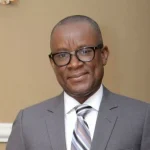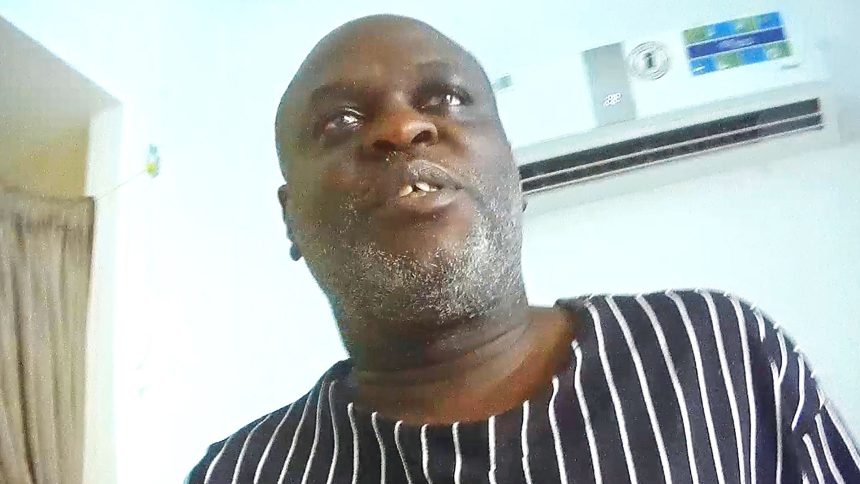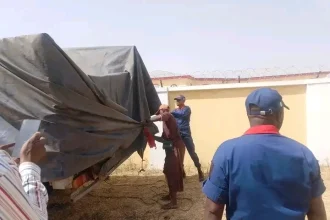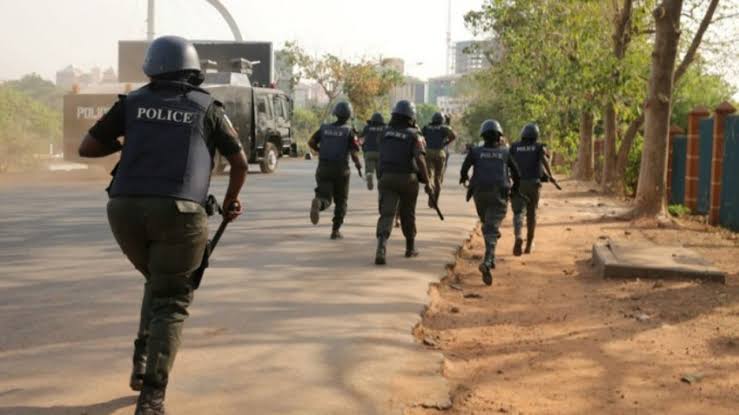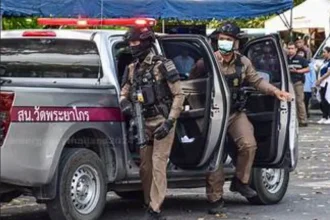Police in Dubai have arrested a Ugandan man who was allegedly running a sex trafficking ring that forced young women into prostitution in the wealthy areas of the United Arab Emirates.
Charles “Abbey” Mwesigwa was caught after a BBC investigation exposed how he was exploiting vulnerable women, many of whom came from Uganda believing they would get legitimate jobs.
An undercover BBC reporter filmed Mwesigwa saying he could provide women for sex parties for $1,000. He told the reporter the women could do “pretty much everything” clients wanted.
A Dubai law firm contacted by the BBC confirmed that Mwesigwa is being held at the Central Prison Centre in Al Awir, Dubai.
The firm said Interpol Uganda had issued a red notice against Mwesigwa. This is a request asking police around the world to arrest someone so they can be sent back to their home country to face charges.
It is not clear exactly what charges Mwesigwa will face, and UAE authorities have not made any public announcement about the case.
The Ugandan embassy in Abu Dhabi issued a statement last week saying “investigations of human trafficking are ongoing and action has been taken by the authorities of the UAE.”
This statement is connected to Mwesigwa’s arrest, according to the BBC.
The BBC investigation showed how young African women, especially from Uganda, were being tricked into coming to Dubai with promises of good jobs in hotels, supermarkets and other businesses.
Instead, when they arrived, they found themselves trapped and forced to work as prostitutes. Prostitution is illegal in Dubai.
In the undercover investigation, Mwesigwa told the BBC reporter that he was a former London bus driver who now arranged women for wealthy clients in Dubai.
One woman, whose name the BBC changed to “Mia” to protect her, said she was trapped by Mwesigwa’s network.
According to Mia, some of Mwesigwa’s clients made the women do very degrading sexual acts.
Mwesigwa has denied all the allegations made in the BBC investigation. He said he only helped women find places to live and that women came to parties with him because he knew wealthy people in Dubai.
“I told you I am just a party person who invites big spenders on my tables, hence making many girls flock to my table. That makes me know many girls and that’s it,” Mwesigwa said.
The investigation also found that two women connected to Mwesigwa, Monic Karungi and Kayla Birungi, died after falling from high-rise apartment buildings.
One of the women who died, Monic Karungi, had come to Dubai from western Uganda.
Although police said the deaths were suicides, the women’s friends and families believe the police should have investigated more thoroughly.
Mwesigwa said Dubai police investigated the deaths and ruled them as sucides.
The investigation caused serious discussions in Uganda’s parliament last week. Government ministers called the situation “disturbing” and promised to work with Interpol to ensure justice.
This case shows the serious problem of human trafficking in the Middle East, where many young women from Africa and other parts of the world are tricked with promises of good jobs but end up being exploited.
Dubai has tried to build its reputation as a global business and tourism center, but the city has faced criticism over how it treats migrant workers and human trafficking issues.
The UAE says it has laws against human trafficking and is committed to fighting the problem. However, human rights groups say more needs to be done to protect vulnerable people.






